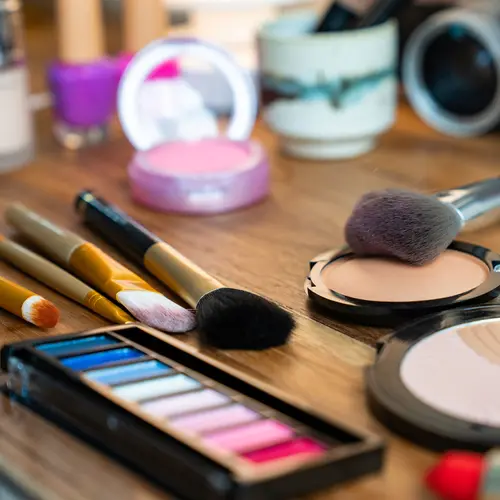You’re never too old for soft skin, but keeping that outer layer smooth and supple does take some extra effort as an adult. While you may pay close attention to the skin on your face and hands, it’s easy to ignore the rest of your body -- which can lead to dryness and roughness over time.
Skin can lose its softness for several reasons: Cold air and low humidity can dry it out, and irritating products or clothing can lead to chafing, bumps, and breakouts. Plus, as you get older, your skin makes less sweat and oil than it used to.
A few changes to your daily skin-care routine can make a big difference in how your skin looks and feels. Here’s what dermatologists suggest.
Don’t scrub too hard.
It might feel good to exfoliate with a rough sponge or loofah, or to use a scrub made with grains, seeds, or other tiny particles. But these can cause redness and tiny tears in your skin -- especially if you have sensitive skin.
“The body can perceive these as injuries,” says Leila Tolaymat, MD, a dermatologist at the Mayo Clinic in Jacksonville, FL. “For a lot of people, it’s better to use a gentle washcloth and work up a nice lather of soap or cleanser.” Tolaymat also likes washcloths because you can wash them regularly, which can help keep bacteria away.
If rough-textured scrubs don’t bother your skin, it’s fine to use them occasionally, says Temitayo Ogunleye, MD, assistant professor of clinical dermatology at the University of Pennsylvania Perelman School of Medicine.
“If you’re looking for something more luxurious, they can be nice once a week or so,” she says. “But on a daily basis -- especially in the winter when skin tends to be drier -- I recommend a mild soap or cleanser.”
Avoid fragrances and harsh chemicals.
Scented soaps and body washes may make your shower smell good, but they have chemicals that could irritate your skin. Try swapping in a fragrance-free bar or liquid cleanser, and see if you notice a difference, Ogunleye says.
You can also look for soaps and body washes made with moisturizing ingredients, like plant-based oils or butters. Soaps that have glycerin or petrolatum (another name for petroleum jelly) can also help seal moisture in, rather than strip it away.
Pat dry and moisturize.
As soon as you get out of the shower, pat yourself off with a clean, dry towel. (Try not to rub, which can irritate skin.) Then, while your skin is still damp, apply a thick moisturizing cream.
Choose one that comes in a jar or a squeezable tube, rather than a lotion in a pump-bottle. “Lotions sometimes contain alcohol or other ingredients to make them thinner, while creams will be thicker and will help seal the moisture in better,” Tolaymat says.
Look for a cream with a gentle chemical exfoliant, like lactic acid or salicylic acid, she says. “It can help people shed some of that rough outer layer of dry, dead skin.” And go for one that’s free of fragrance and preservatives, which can irritate sensitive skin and cause redness or a rash.
Don’t forget sunscreen.
Spending time in the sun? Protect any exposed skin with a broad-spectrum sunscreen with an SPF of at least 30. Sunburn can cause the skin to feel temporarily dry and rough.
“The UV rays in sunlight can damage elastin and collagen in the skin, which can cause its texture to become uneven,” Tolaymat says.
Plus, she adds, it can cause scaly, rough patches called actinic keratoses that can turn into skin cancer if they’re not treated.
Don’t rely on toning lotions.
It may be tempting to think that a lotion can give you smoother skin. But over-the-counter products that claim to tighten skin or reduce cellulite don’t work, Ogunleye says, at least not long-term.
“Some of these toning lotions have ingredients that will cause swelling of the skin, which may change its appearance for an hour or so,” she says. “But it’s only temporary, and I don’t typically recommend spending money on them.”
Take shorter, cooler showers.
The longer you spend in the shower or bath, the drier your skin will be afterward. Hot water also dries skin out more than a warm temperature, Ogunleye says. For supple skin all year long, try to keep your showers as short -- and as lukewarm -- as possible.


